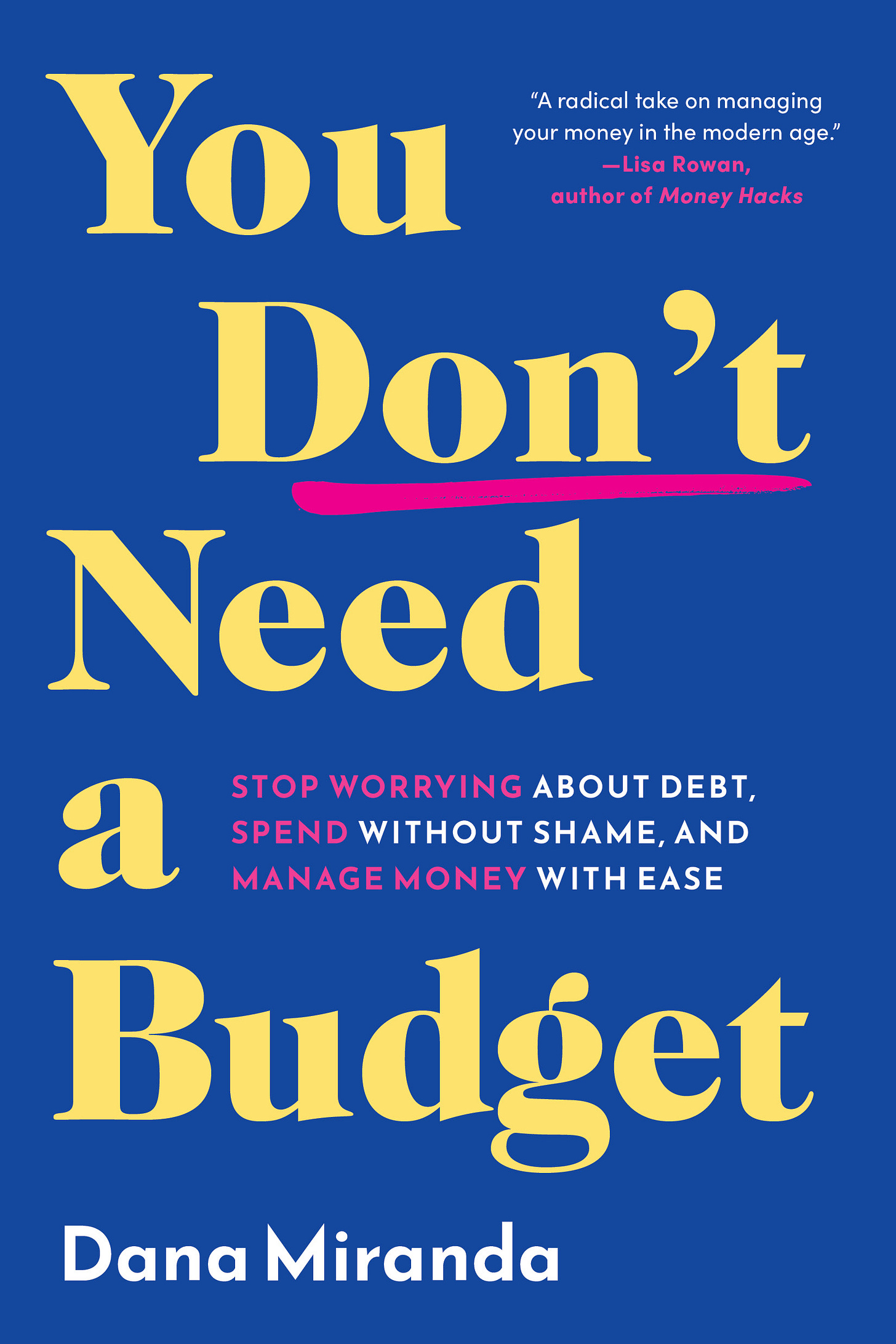You shouldn’t have to be extraordinary
Why the American bootstraps mentality is ridiculous and how to argue against it
I attended a community forum on Medicaid in Wisconsin recently, and participants asked about how to talk to people who don’t value Medicaid or other social services and don’t think our governments should be funding them.
One participant shared the argument they hear often, one many of us have heard from folks who are opposed to any kind of social services and public support: “I wasn’t given any handouts, and I’m doing just fine. Why can’t everyone else do the same?”
The real answer to this is that of course you were given something that many people don’t have — in the form of privilege based on your race, gender, age, sexuality or ability; a family capable of caring for you; a hospital, a grocery store and a school within accessible distance; occasional good fortune — there are a million little things you might have that make you feel secure without a boost from the government.
But that answer isn’t useful in this conversation, as this participant pointed out. People just deny their privilege and refuse to budge on their position.
No one wants to hear that they’ve been lucky. People especially don’t want to hear they’ve been lucky when they feel supremely unlucky and have witnessed wild strokes of luck for others. That’s why it’s so hard to convince the rural, working class people in my community of their relative privilege.
When your life is hard and you feel like you’re handling it all alone, it’s easy to believe government support is just another stroke of luck for someone who seems less deserving than you.
I don’t have any sympathy for this stance; I was raised among the supremely unlucky, and I didn’t come out of it wanting to hurt immigrants and trans people. There’s no excuse for that lack of empathy — but if you want to change hearts and minds, you have to recognize that it exists.
When someone says, “I wasn’t given any handouts, and I’m doing just fine,” there’s no use in trying to convince them of their privilege and luck.
Instead, acknowledge what they believe: “Yes, you are extraordinary, and you put in an extraordinary amount of effort to get where you are.” Then focus on a different truth: “But people shouldn’t have to be extraordinary to access basic needs.”
Maybe some people do do it all alone. Maybe they face every hardship and every bit of bad luck and every kind of lack of privilege — and they still muster the ability to work and earn money, and house and feed their families, without using any government welfare or mutual aid. Maybe.
Whether they truly do it alone is beside the point, though.
No one should have to do it alone. That’s why we have a society.
You shouldn’t have to be extraordinarily strong or resilient or clever just to access food, clothing, shelter, health care, education and dignity for yourself and your family. The weakest, sickest, dullest people among us deserve all of that, too, because they’re also humans. Your ability to suffer in silence doesn’t negate another person’s right to life, liberty and the pursuit of happiness in our society.
The American idea of bootstrapping dates back to the 1800s, when the phrase “to pull oneself up by one’s bootstraps” was a common metaphor for a ludicrously impossible task. You’re drowning, say. Try to grab the straps of your boots and hoist yourself out of the water. It’s obvious that’s not possible.
It’s telling that we’ve since adopted the phrase as an admonition to work harder and get by without help — our culture ignores that sometimes getting by alone simply isn’t possible.
There’s probably a particularly acrobatic and innovative person out there who could get out of the water by their own bootstraps. Most people couldn’t. Should we just let them drown while we hoard all the buoys?
You shouldn’t have to be extraordinary to access basic needs.
Try that argument next time you find yourself in a conversation with an “I wasn’t given any handouts” sort, and let me know how it goes!





YES, yes yes!!!
I love this because it could literally be part of my book “Strapped” and most of it is!
Yes!!